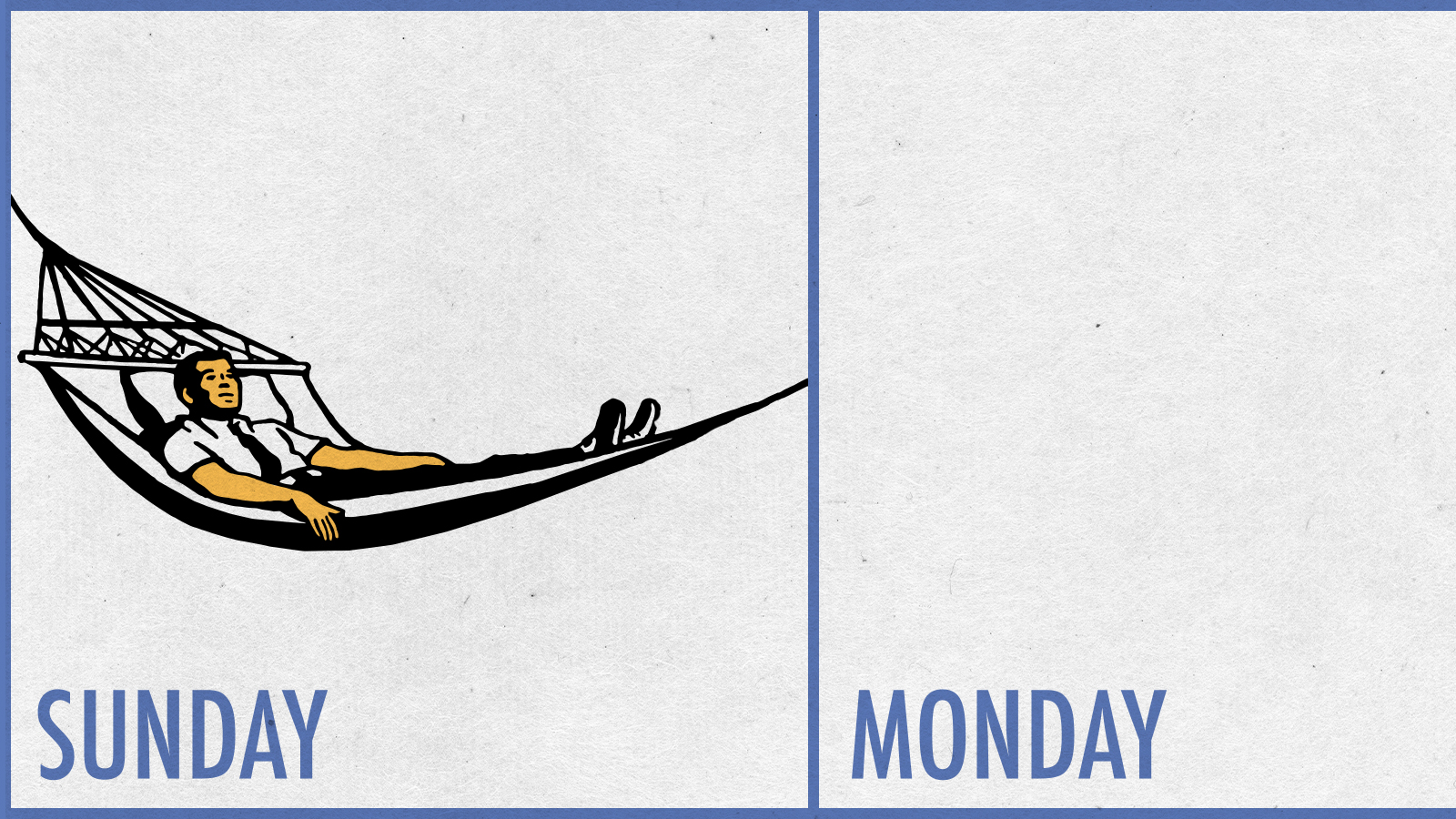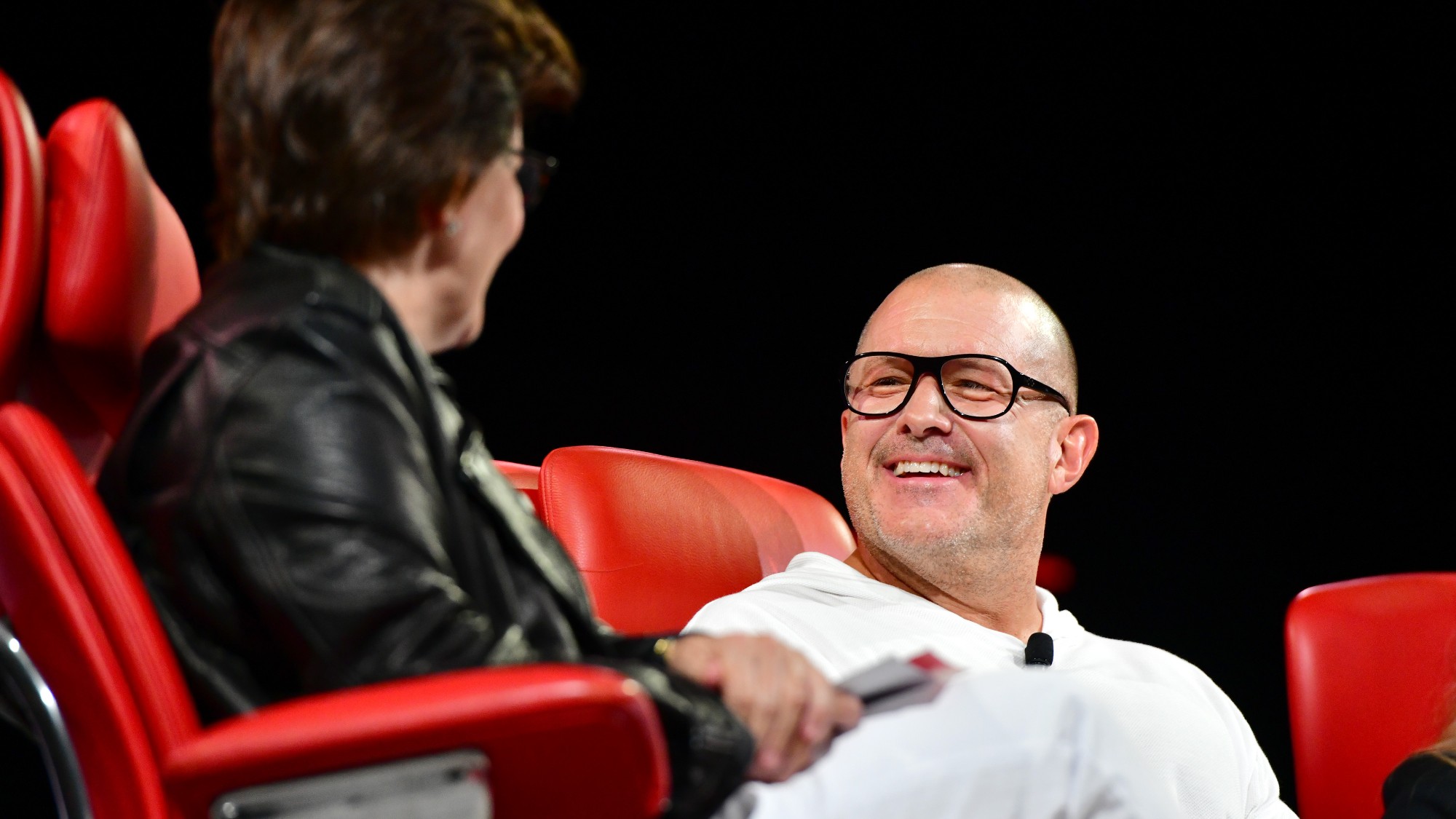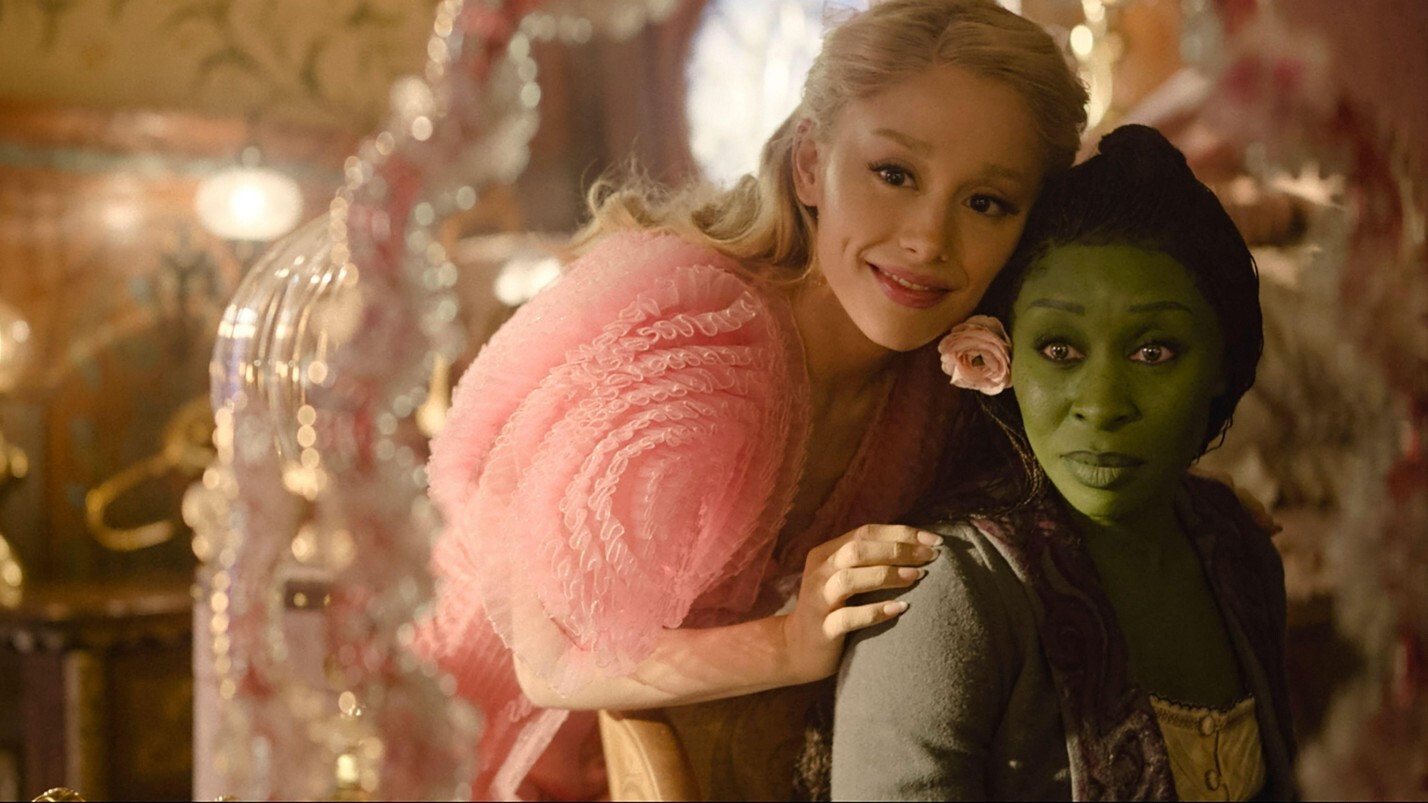Americans need a break. Maybe blue laws can help.


A free daily email with the biggest news stories of the day – and the best features from TheWeek.com
You are now subscribed
Your newsletter sign-up was successful
One of the more interesting and consequential developments in politics in recent years has been the emergence of "common good conservatives," a small but vocal (and largely Catholic) group of right-wing thinkers who eschew the Reaganite coalition of free-market libertarians and religious conservatives — as well as America's liberal traditions — in favor of Donald Trump's economic populism and an explicitly religious agenda for lawmaking and policy.
Adrian Vermeule, a Harvard Law professor who counts as one of the more prominent common good conservatives, on Friday offered a Tweet-length summary of the movement's policy agenda:
The "etc etc" in that tweet covers a lot of potentially controversial ideas that progressives — and most other Americans — might find objectionable, and most of the rest of Vermeule's bullet points are vague or inscrutable. There is something intriguing about reviving Sabbath laws, however.
The Week
Escape your echo chamber. Get the facts behind the news, plus analysis from multiple perspectives.

Sign up for The Week's Free Newsletters
From our morning news briefing to a weekly Good News Newsletter, get the best of The Week delivered directly to your inbox.
From our morning news briefing to a weekly Good News Newsletter, get the best of The Week delivered directly to your inbox.
Until the last few decades, Sabbath laws — also known as "blue laws" — effectively shut down Sunday commerce in much of the country. I grew up in a small rural town in the 1980s, where the cultural legacy of such laws was still in full force: Churches were open on Sunday mornings, but very few businesses were. At noon, a couple of restaurants opened for post-worship mealtimes, but otherwise the downtown business district was quiet and empty. It was a day of rest because there was literally nothing else to do.
Rest is hard to come by these days. For many Americans, the pandemic has given rise to remote work that has blurred the divisions between home and labor, while working-class folks are often subject to "just in time" scheduling that makes home life difficult to sustain. Post-religious American capitalism doesn't leave us much room to just relax, and it shows: We're a stressed-out country.
So a new era of blue laws could hold some appeal even to the not-so-religious left. "Elevator pitch: a secular Sabbath that starts on Thursday evening," Jeet Heer, a columnist for The Nation, tweeted on Sunday. "This will create a four-day workweek and also preserve religious neutrality."
Heer's pitch might have been made somewhat in jest, but it offers an answer to the most obvious complaint about Vermeule's proposal: Whose Sabbath are we talking about, anyway? The country is more religiously diverse — and in many cases, non-religious — than ever. Sunday isn't the only day of rest in our collective traditions. So if the idea is to get Americans back in the pews, common good conservatives might end up disappointed. But if the right and left can agree on anything these days, maybe it's that workers should get a day off now and then.
A free daily email with the biggest news stories of the day – and the best features from TheWeek.com
Joel Mathis is a writer with 30 years of newspaper and online journalism experience. His work also regularly appears in National Geographic and The Kansas City Star. His awards include best online commentary at the Online News Association and (twice) at the City and Regional Magazine Association.
-
 Political cartoons for February 15
Political cartoons for February 15Cartoons Sunday's political cartoons include political ventriloquism, Europe in the middle, and more
-
 The broken water companies failing England and Wales
The broken water companies failing England and WalesExplainer With rising bills, deteriorating river health and a lack of investment, regulators face an uphill battle to stabilise the industry
-
 A thrilling foodie city in northern Japan
A thrilling foodie city in northern JapanThe Week Recommends The food scene here is ‘unspoilt’ and ‘fun’
-
 Is a social media ban for teens the answer?
Is a social media ban for teens the answer?Talking Point Australia is leading the charge in banning social media for people under 16 — but there is lingering doubt as to the efficacy of such laws
-
 Why are American conservatives clashing with Pope Leo?
Why are American conservatives clashing with Pope Leo?Talking Points Comments on immigration and abortion draw backlash
-
 Questions abound over the FAA’s management of Boeing
Questions abound over the FAA’s management of BoeingTalking Points Some have called the agency’s actions underwhelming
-
 'Immigrant' Superman film raises hackles on the right
'Immigrant' Superman film raises hackles on the rightTALKING POINT Director James Gunn's comments about the iconic superhero's origins and values have rankled conservatives who embrace the Trump administration's strict anti-immigrant agenda
-
 Disney is still shielding Americans from an episode of 'Bluey'
Disney is still shielding Americans from an episode of 'Bluey'Talking Points The US culture war collides with a lucrative children's show
-
 Jony Ive's iPhone design changed the world. Can he do it again with OpenAI?
Jony Ive's iPhone design changed the world. Can he do it again with OpenAI?Talking Points Ive is joining OpenAI, hoping to create another transformative piece of personal technology. Can lightning strike twice?
-
 Is method acting falling out of fashion?
Is method acting falling out of fashion?Talking Points The divisive technique has its detractors, though it has also wrought quite a few Oscar-winning performances
-
 Wicked fails to defy gravity
Wicked fails to defy gravityTalking Point Film version of hit stage musical weighed down by 'sense of self-importance'
